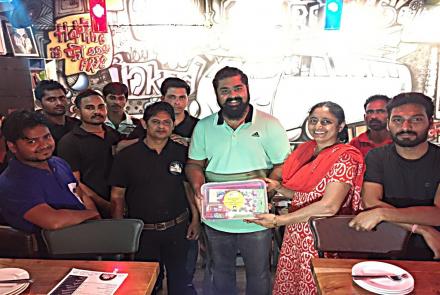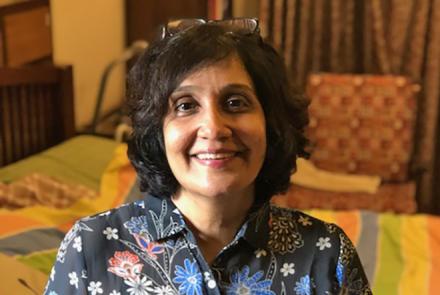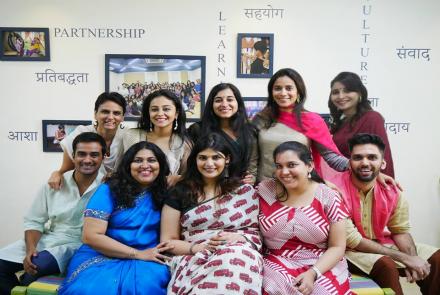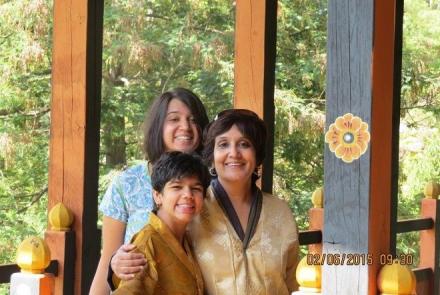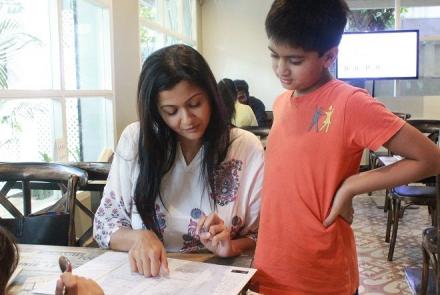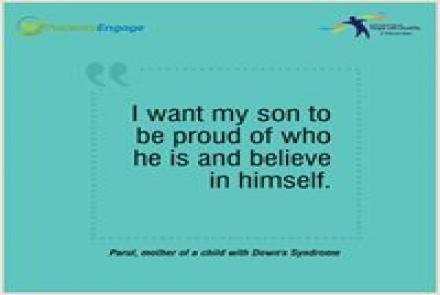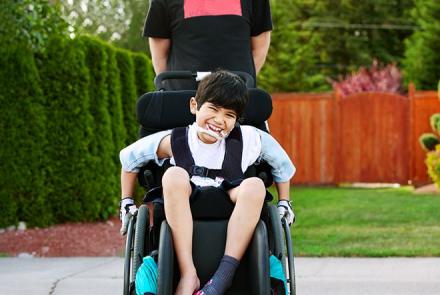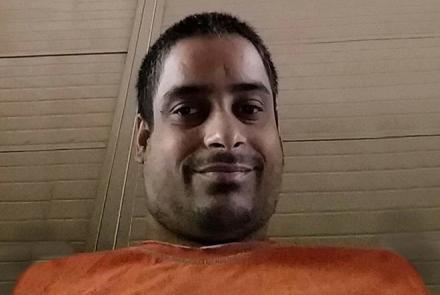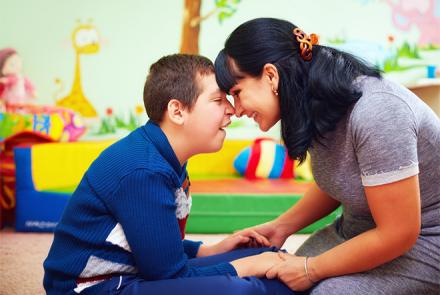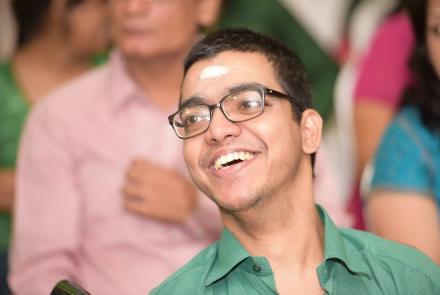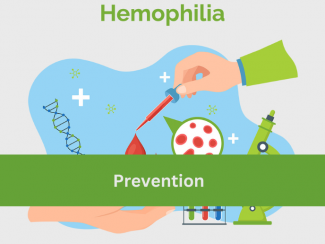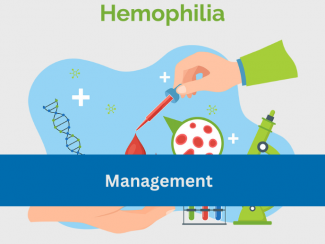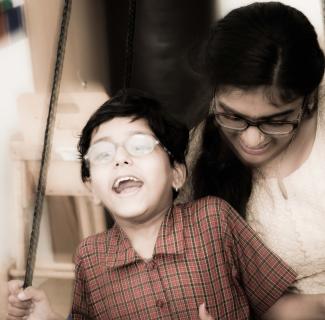
On World Cerebral Palsy Day, we speak to Joyeeta Sen, a senior special educator and Priti Salunkhe, a senior neurodevelopment therapist with Ummeed Child Development Center regarding child development and learning for children with the condition.
What is the average age of a child with CP when first brought in?
At Ummeed children with Cerebral Palsy varies anywhere from 3 years to 10 years but the average age would be between 3-4years. However, as part of early detection and early intervention strategy, we are seeing children as early as the age of 5-6 months who are at risk.
What types of therapy options does Ummeed provide?
Generally, a family coming to Ummeed comes to a Developmental Paediatrician who does the child’s assessment. These assessment areas are based on the core developmental areas of a child namely speech and language skills, fine and gross motor skills, cognitive skills, social skills and skills of Daily living. Following the assessment, the Developmental Paediatrician suggests the required therapies. The therapies a child with Cerebral Palsy needs are Neuro Developmental Therapy (NDT); Occupational Therapy (OT) and Speech Therapy (ST)
What do each of these options entail?
NDT and OT : These approaches help children in achieving their motor and functional(Activities of daily living) capabilities.
Speech Therapy: This approach is for helping a child with speech, language and communication related difficulties.
How many sessions of therapy is commonly advised for CP patients?
The duration of ongoing therapy really depends on the severity of the condition, the time of detection and intervention (when it started).
How often is follow-up done?
Follow up with the paediatrician is done every 6 months. However, if required, then the doctor can see them before as well.
How are parents involved or educated in this therapy?
The parents or families are made to be part of the process from the beginning. The families are encouraged to sit in the therapy sessions and see how the interventions are happening. The entire Individualized Family Service Plan (IFSP) is made and shared with the family. While making the plan and implementing the interventions, the family’s strengths and challenges are kept in mind since Ummeed strongly believes in Family Centered Care. Further it supports and helps the family to practice the same interventions at home.
What hindrances/factors play a role for therapy outcomes?
There are many factors which can become barriers in achieving the outcomes. Sometimes families may come for an assessment but may not be regular for the therapy sessions. There can be multiple reasons behind the same.
- The family’s lack of knowledge and awareness sometimes stops them in coming and seeking the required support.
- Secondly in joint families sometimes, even if the parents are willing to come for therapies, the extended family members do not allow that to happen.
- The distance between their house and Ummeed might be too long to travel on a regular basis every week.
- The financial constraints can be a factor although Ummeed does provide concessions to families who require it.
- Sometimes, these families also have problems due to emotional distress hence the mother might not be in the correct frame of mind to help her child.
So there can be several hindrances towards making a progress for any child with CP coming to Ummeed.
What message would you like to give on World Cerebral Palsy day to all the people with CP?
We would really encourage all families/ caregivers who have children with Cerebral Palsy that early detection and early intervention is very important to support the child in reaching his or her best potential. We should join hands and help each other in spreading awareness so that more families are ready to seek help as early as possible.
Secondly, families and people with Cerebral Palsy should be their own advocates in terms of their rights and participation in the society at large.

